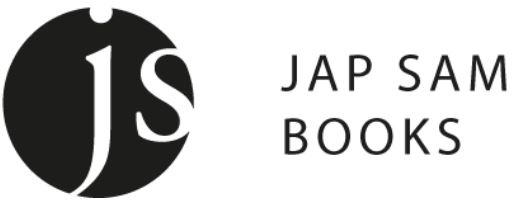Open-Source Urbanism: Creating, Multiplying and Managing Urban Commons
DOI:
https://doi.org/10.7480/footprint.9.1.901Abstract
Within contemporary architecture and urbanism there is marked interest in urban commons. This paper explores the creation of temporary urban commons, or, more specifically, what can be called ‘open-source urbanism’. Citing two practices – urban commons initiated by Atelier d’architecture autogérée in Paris, and Park(ing) Day initiated by San Francisco-based Rebar – I argue that these practices can be understood as open-source urbanism since their initiators act as open-source programmers, constructing practice manuals to be freely copied, used, developed and shared, thus producing self-managed commons. Although this tradition of ‘commoning’ is not new, it is currently being reinvented with the use of digital technologies. Combining Elinor Ostrom’s analysis of self-managed natural resource commons with Yochai Benkler’s assertion that commons-based peer production constitutes a ‘third mode of production’ that lies beyond capitalism, socialism and their blends, I argue that open-source urbanism critiques both government and privately-led urban development by advancing a form of postcapitalist urbanism.
Downloads
Published
Issue
Section
License
- Authors retain copyright and grant the journal right of first publication with the work simultaneously licensed under a Creative Commons Attribution License that allows others to share the work with an acknowledgement of the work's authorship and initial publication in this journal.
- Authors are able to enter into separate, additional contractual arrangements for the non-exclusive distribution of the journal's published version of the work (e.g., post it to an institutional repository or publish it in a book), with an acknowledgement of its initial publication in this journal.




